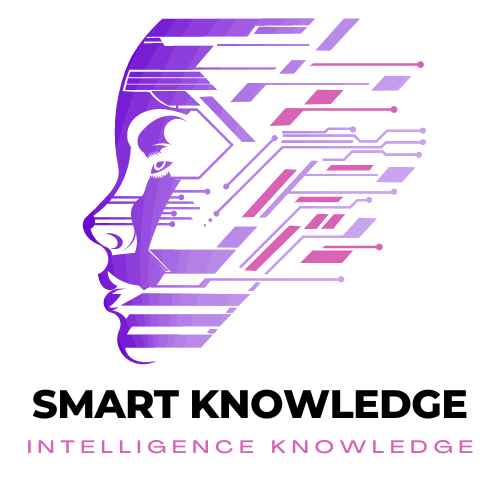Customer service has long been a cornerstone of business success, but recent advancements in Artificial Intelligence (AI) have redefined how support is delivered. AI-powered solutions are making customer interactions more efficient, personalized, and scalable. This blog explores the various applications of AI in customer service, the benefits it offers, and the challenges it poses.
Key Applications of AI in Customer Service
- Chatbots and Virtual Assistants: AI-driven chatbots can handle multiple customer queries simultaneously and provide instant responses, improving customer support availability. These chatbots can resolve common questions, assist with troubleshooting, and guide users through processes without human intervention.
- Natural Language Processing (NLP): NLP allows AI to understand and process human language more effectively, enabling machines to comprehend customer inquiries and provide appropriate responses. This capability is essential for creating a more human-like interaction.
- Automated Call Centers: AI-powered call centers use speech recognition and AI algorithms to route calls, answer basic questions, and escalate complex issues to human agents, reducing wait times and improving service quality.
- Predictive Assistance: AI can predict customer needs based on previous interactions and data analysis. This allows for proactive service, where customers receive suggestions or solutions before they encounter issues.
- Sentiment Analysis: AI tools can analyze the tone and sentiment of customer communications to detect dissatisfaction or frustration. This helps businesses address issues proactively and tailor their responses to improve customer satisfaction.
- Personalized Recommendations: AI can suggest relevant products or services based on a customer’s purchase history and behavior, enhancing the support experience and promoting cross-selling or upselling opportunities.
Benefits of AI in Customer Service
- 24/7 Availability: Unlike human agents, AI systems can operate around the clock, ensuring that customers receive support whenever they need it, regardless of time zones or business hours.
- Scalability: AI-driven customer service solutions can handle a large volume of interactions simultaneously, making it easier for businesses to scale their support operations without proportionally increasing staff.
- Cost Efficiency: Implementing AI solutions can reduce the need for extensive customer service teams, leading to cost savings on staffing, training, and infrastructure.
- Enhanced Customer Experience: AI’s ability to provide personalized responses and instant solutions creates a more seamless and satisfying customer experience.
- Consistent Quality: AI ensures that customer interactions are consistent, adhering to company policies and maintaining a uniform tone and quality of support.

Challenges of Implementing AI in Customer Service
- Complexity of Queries: While AI can handle simple and repetitive tasks effectively, complex queries often still require human intervention. Training AI to manage more nuanced conversations is a challenge that businesses must address.
- Data Privacy Concerns: AI-powered customer service tools collect and analyze large amounts of data, raising concerns about data security and customer privacy. Compliance with data protection regulations is essential.
- Maintaining Human Touch: AI interactions, while efficient, may lack the empathy and understanding that human agents provide. Balancing AI’s capabilities with a human touch is crucial for customer satisfaction.
- Integration with Existing Systems: Incorporating AI tools into existing customer service frameworks can be complex and may require significant time and investment.
Future Trends in AI for Customer Service
- Voice-Activated Assistance: The integration of voice recognition technology will make customer service even more interactive, allowing customers to navigate support systems using voice commands.
- Hyper-Personalization: AI will enable even more personalized experiences by leveraging detailed data to cater to individual customer needs, preferences, and history.
- Augmented Reality (AR) and AI: The future may see AI combined with AR to create visual guides for customers, providing real-time support for product setups or troubleshooting.
- Continuous Learning AI: As machine learning models become more sophisticated, AI systems will learn and adapt over time, improving their ability to handle complex queries and interactions without human assistance.
Conclusion
AI is rapidly reshaping the landscape of customer service by enhancing efficiency, availability, and personalization. While there are challenges to implementing these technologies, the benefits they offer in terms of cost savings, scalability, and improved customer experience make them indispensable for modern businesses. As AI continues to evolve, it will bridge the gap between automated and human-led support, setting a new standard for customer interactions.










